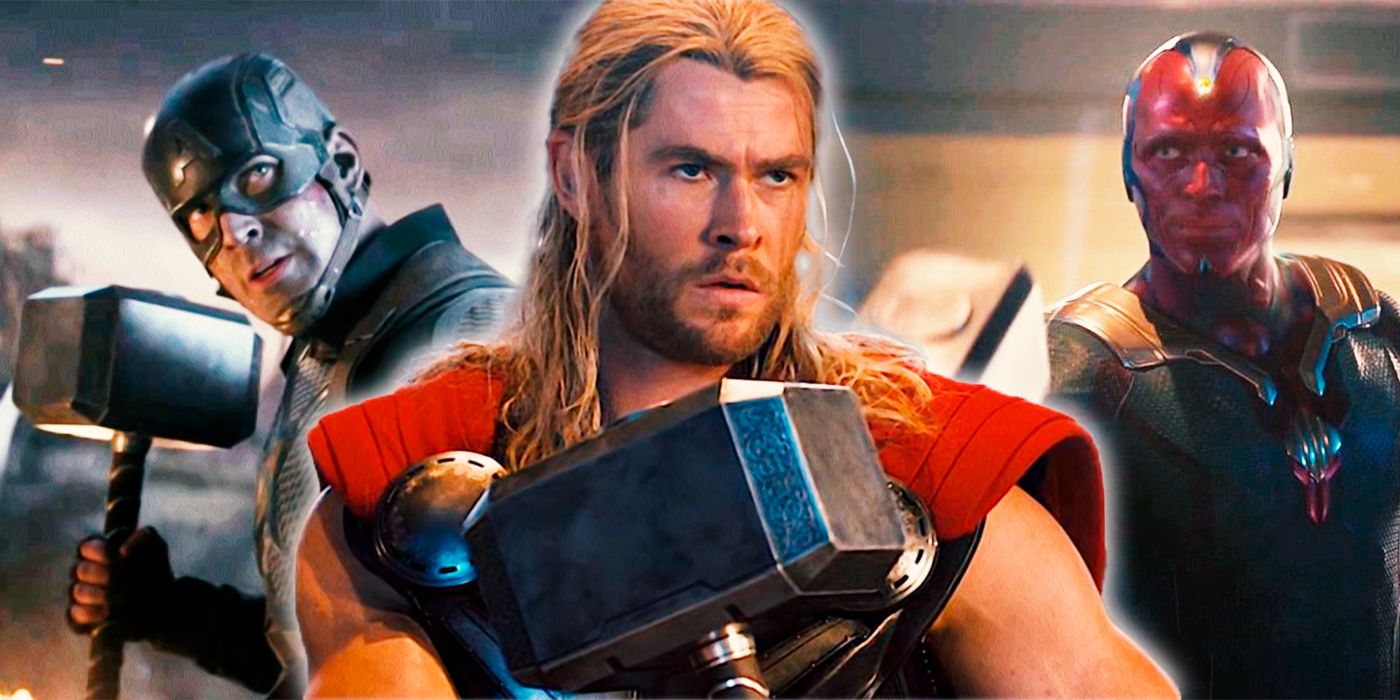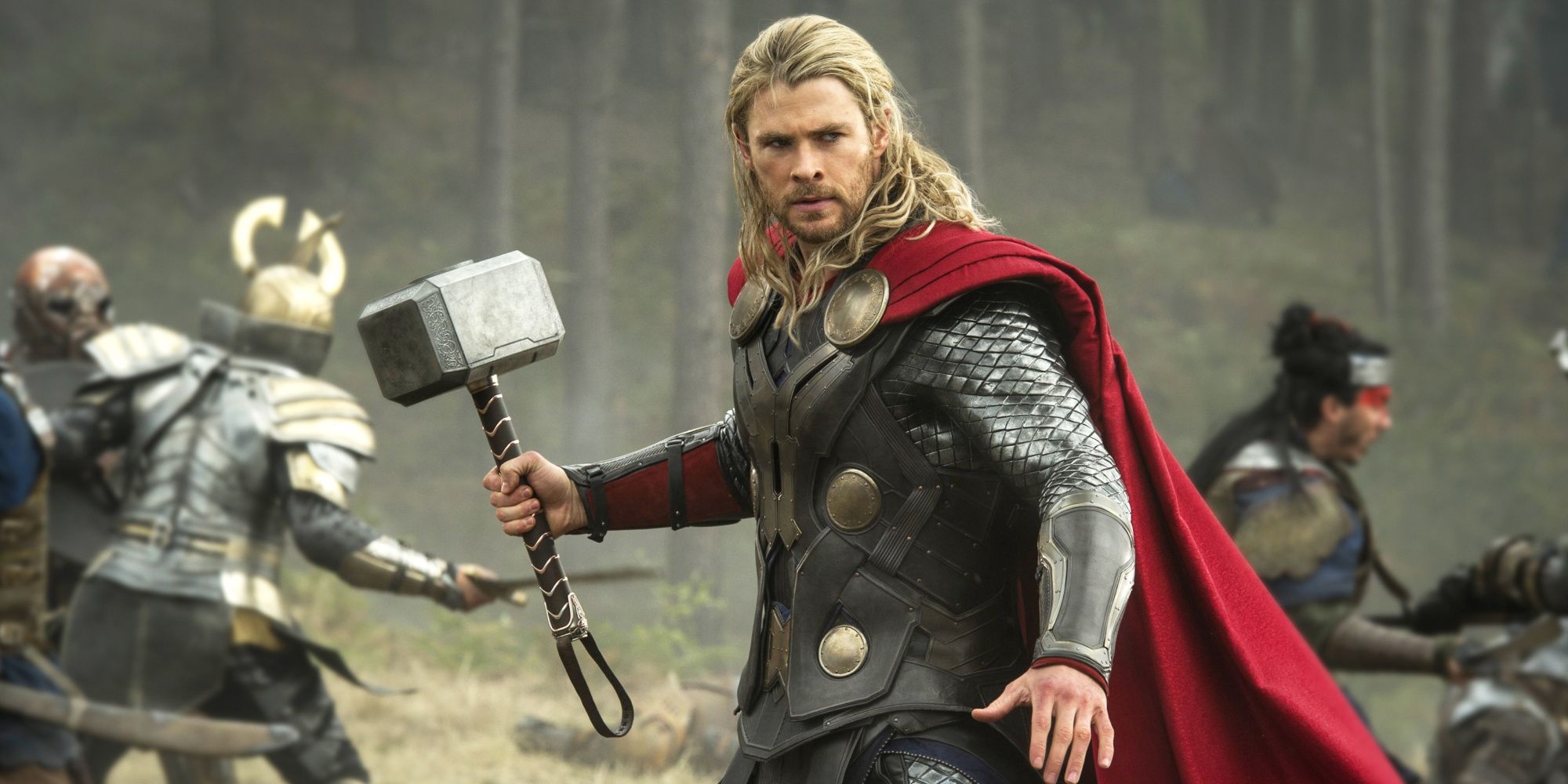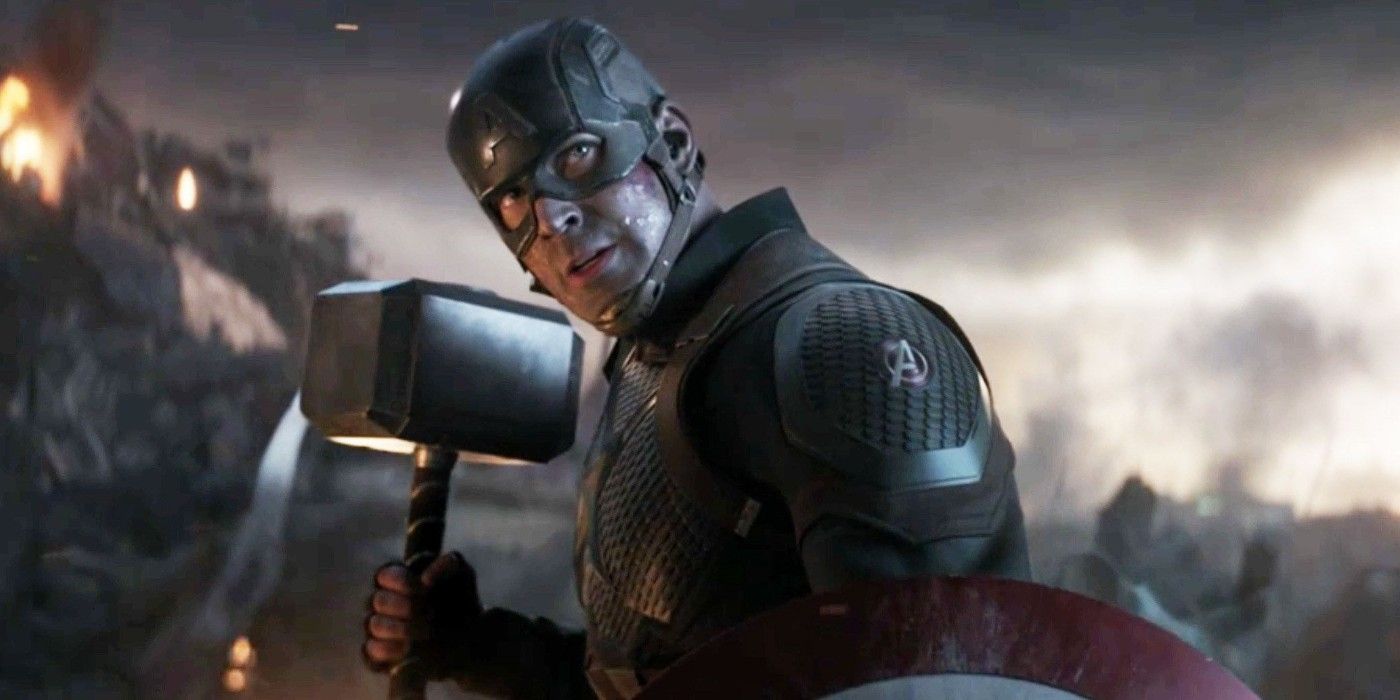The specifics of Thor’s hammer, like many great comic book gimmicks, comes in its vagueness. Supposedly, whoever is “worthy” can wield it, allowing writers to determine exactly what “worthy” means to suit their narrative. Limits exist – most residents of the Marvel universe can’t lift it – but it beggars the question of how the power is defined in-world. This is particularly true of the Marvel Cinematic Universe, which has gone into depth about who can and can’t use the weapon, and which looks to continue the debate with the upcoming Thor: Love and Thunder.
A new Reddit theory by poster whatdidyoudo1 approaches the issue from an entirely different perspective. Previous questions about the hammer’s enchantment presume that worth was defined by the hammer’s creation, or more specifically by Odin’s enchantment at the beginning of the first Thor. The theory flips the issue around. Worth comes not from the hammer’s creator, but from whoever presumes to wield it.
The first Thor concerned itself largely with the title character’s ability to carry Mjolnir. He lost it after his disastrous attack on Jotunheim and Odin banished him to Earth, then regained it after offering to sacrifice himself to Loki in exchange for ending the Destroyer’s rampage. Presumably, it meant he had learned the humility and selflessness to use the hammer to protect others rather than seek glory for himself.
Other MCU characters able to wield the hammer possessed similar virtues, notably Captain America – humble enough to pretend not to be able to lift it in Avengers: Age of Ultron to avoid embarrassing Thor – and Vision, whose inherent purity and belief in humanity was self-evident upon his creation. Jane Foster will presumably join their ranks in Love and Thunder for similar reasons. It also made sense that heroes like Tony, Bruce and Natasha couldn’t lift it, given their checkered pasts and continued grappling with their own dark sides. Thor himself is a long way from perfect, but his efforts in the name of the greater good are heartfelt, and thus keep him worthy of Mjolnir.
The theory, however, revises the question of worth by putting it in the mind of the wielder. Those unplagued by self-doubt, but who possess a clear and honest acceptance of themselves would therefore be worthy, and find themselves able to wield the hammer. That started with Thor who endeavored to emulate his father and thus achieve his definition of worthiness. Steve Rogers’ inherent decency – augmented by the Super Soldier serum that makes "good better" – allows him to define his own self-worth accurately, as does Vision, who sees humanity at its best and devotes himself to the preservation of life.
That also explains why the likes of Tony and Natasha can’t lift it. Tony is full of bravado, but his entire journey stems from realizing how much damage he did as an arms dealer, and whether he’ll ever be able to make up the difference. Black Widow similarly “has red in her ledger” as she memorably noted in the first Avengers, while Bruce Banner’s fears about his destructive capacity as the Hulk would keep him from deeming himself worthy. All of it fits with the theory, as well as providing deeper insight into the characters than the more traditional explanation of Odin’s enchantment.
It also explains the most troublesome figure to wield the hammer: Hela, who wielded it before Thor and memorably destroyed it in Thor: Ragnarok. As the theory explains, she possesses the wherewithal and the confidence in her beliefs, thus possessing the proper sense of worth. Of course, the more traditional interpretation holds true with her as well, since it relies on Odin’s enchantment, which vanished with the All-Father’s death. Regardless, the change in perspective gives the "worthy Thor" notion considerable weight. The specifics of Mjolnir will likely remain nebulous even after Love and Thunder's release, but the theory's statement about some of the key characters in the MCU is invaluable.



